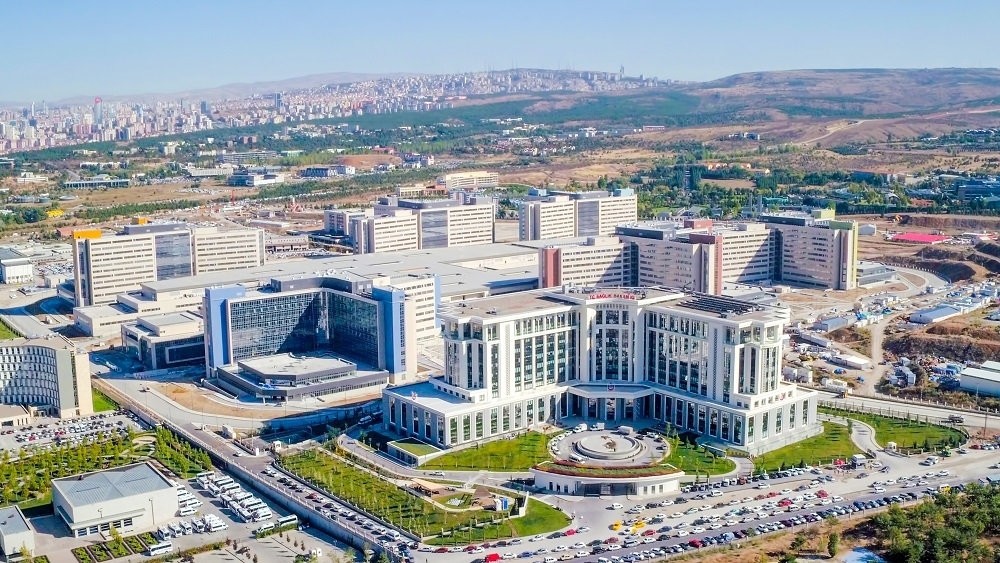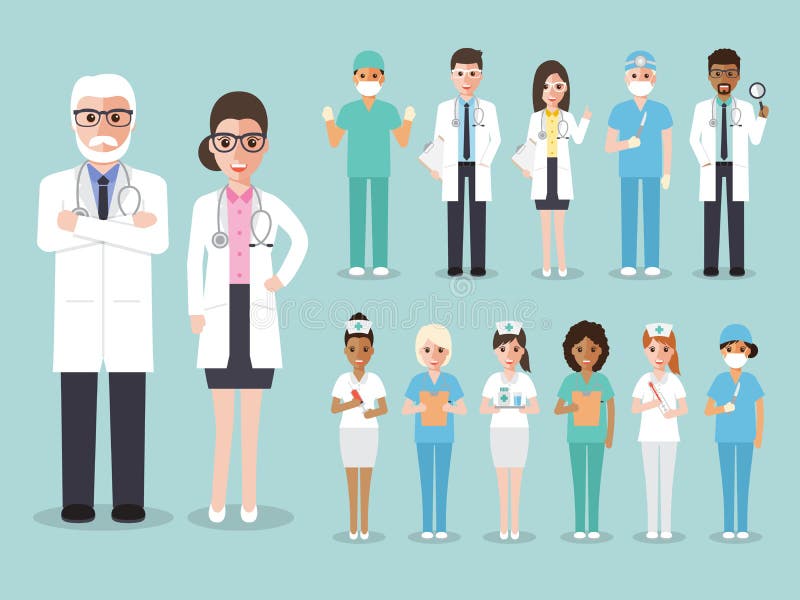The job of a Chief Medical Director (CMD) of a hospital (read big hospital) has to be the toughest in the world. Whenever I walk into a hospital, either as a patient or a doctor, I marvel at the sheer amount of responsibility vested on one person to administer such a complex establishment.

A health system is the most complex institution on earth. I stand to be corrected. I don’t know of any other organization or institution that assembles such an amount and diversity of professionals and specialists, skilled and unskilled, and utilizes a humongous amount of technology and consumables, while at the same time expected to deliver nerve-racking excellent outcomes. Healthcare, like aviation, is a safety critical industry, with an almost zero permissible margin of error.
How complex is a hospital? Under one roof cancer patients get diagnosed and receive treatment, pregnant women deliver their babies, psychotic people get treated, a baby with a hole in his heart gets a cardiac surgery, etc. Delivering quality healthcare is not easy. It only takes one small error in drug calculations or equipment calibrations for all the patients mentioned above to die.
It is near-impossible to make a complete list of all staff groups that work in a hospital. Off the top of my head I can reel off 20; doctors, nurses, physiotherapists, psychologists, radiographers, medical laboratory scientists, speech and language therapists, laboratory technicians, physician associates, nursing practitioners, nursing assistants, healthcare assistants, pharmacists, pharmacy technicians, dietitians, nutritionists, phlebotomists, social workers, chiropractors, and podiatrists. These are just clinical staff, each donning a separate uniform.

The list of non-clinical staff is endless; medical typists, medical secretaries, medical physicists, biomedical engineers, cleaners, drivers, cooks, lawyers, bankers, human resources staff, administrative staff etc. I can’t wrap my head around how one man is expected to manage all these staff groups at the same time. How does he ensure every one of them is punctual to work and performs his/her job diligently?
The duties of these groups are so intricately connected that without one group, the hospital may grind to a halt. If medical physicists don’t show up, the intensive care unit cannot function. If cooks don’t show up, the wards can’t function. If cleaners don’t show up, the emergency department may not function. It’s complex.

The thought of the logistics that go into medical consumables is mind boggling. Consider the amount of oxygen consumed in a hospital each day and the fact that it is must be available at all times. For those who work in hospital wards, it is easy to be oblivious of the effort that has been expended in ensuring that whenever a wall tap is turned on, oxygen flows from it. Then you think of other consumables such as cotton wool, cannulas, personal protective equipment, and hand gloves and the responsibility of ensuring that they are available at all times in all wards in a 1000-bed hospital for instance. Incredible!
One would argue that it is not the direct responsibility of the CMD to ensure that these consumables are available in the wards. But ultimately the buck stops at his table. Their unavailability represents a failure of the system and this failure rests with the CMD.
I compared the job of a CMD with that of a bank CEO. Although he overseas a perhaps global establishment, banking is not safety critical. That fact alone takes the weight off the CEO’s shoulder. One mistake from a bank cashier may lead to an extra zero added to a customer’s credit alert so that instead of N10,000 he receives N100,000. This can always be rectified even up to a year later. But one extra zero erroneously added to the dose of a patient’s medication could be fatal. In a year’s time, you’ll be attending the patient’s memorial service.
Perhaps the job that comes closest to it in grit is that of the vice chancellor of a university who also has to deal with a large diversity of professional groups. But again education is not safety critical. No other CEO comes close.

